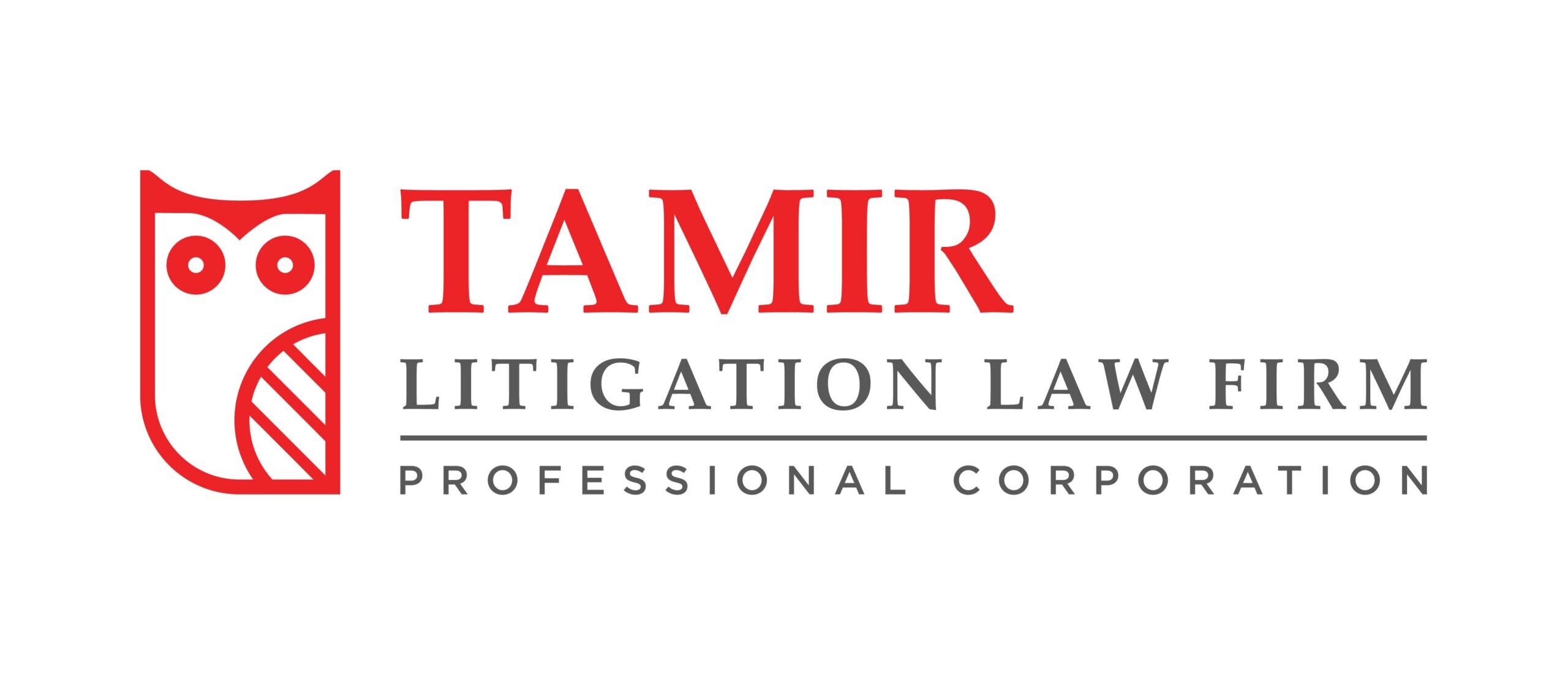ChatGPT may be helpful for restaurant tips, travel planning, or even writing awkward birthday cards, but it should not be […]
You’ve worked hard. You’ve built relationships, delivered results, and stayed loyal to your role for five or more years. Then […]
Running a business means managing people, and that means managing legal risk. From hiring to firing and everything in between, […]
If you’re a nurse and you’ve found yourself on the CNO’s radar, let’s be honest, it’s terrifying. A complaint lands […]


Recent Comments